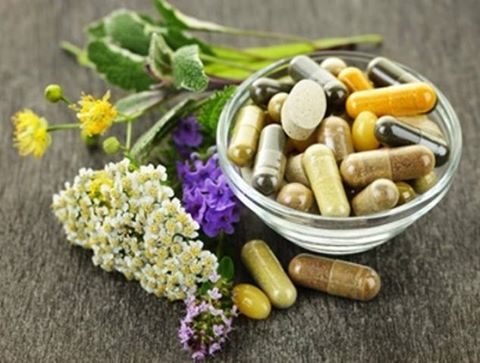7th international conference and Exhibition on Pharmacognosy, Phytochemistry and Natural Products
Osaka, Japan
N. Ait-Mimoune
Bouira university, Algeria
Title: Antibacterial activity of Citrus aurantium and Citrus reticulata essential oils
Biography
Biography: N. Ait-Mimoune
Abstract
Essential oils are secondary metabolites of plant and complex mixtures of volatile lipophilic constituents. Due to their volatility, they can easily be extracted by the method of steam distillation from different natural sources. The use and processing of essential oils began in the East more than 2500 years ago. Essential oils and some of their constituents are used in pharmaceutical products for their therapeutic activities but also in agriculture as food preservatives and additives. In this study the antibacterial activity of Citrus aurantium and Citrus reticulata essential oils from Algeria was investigated. The antibacterial activity and minimum inhibitory concentration of essential oil against four important pathogenic bacterial strains (Staphylococcus aureus, Escherichia coli, Proteus vulgaris and Pseudomonas aeruginosa) was evaluated. Disc diffusion method was used for the screening of the antimicrobial activity of the essential oils. The minimum inhibitory concentration values were determined by agar dilution assay. Our results showed that the gram positive and gram negative strains had different sensitivities. A strong antibacterial activity against Staphylococcus aureus was noticed with zones of inhibition of 13 mm. The essential oil of Citrus reticulata was more active than the essential oil of Citrus aurantium against the tested bacteria with minimum inhibition concentration ranging from 4 to 18 µL/mL. These Findings suggest that, the tested essential oils have strong bioactive compounds that can be used for their antibacterial properties to control pathogenic bacteria.

